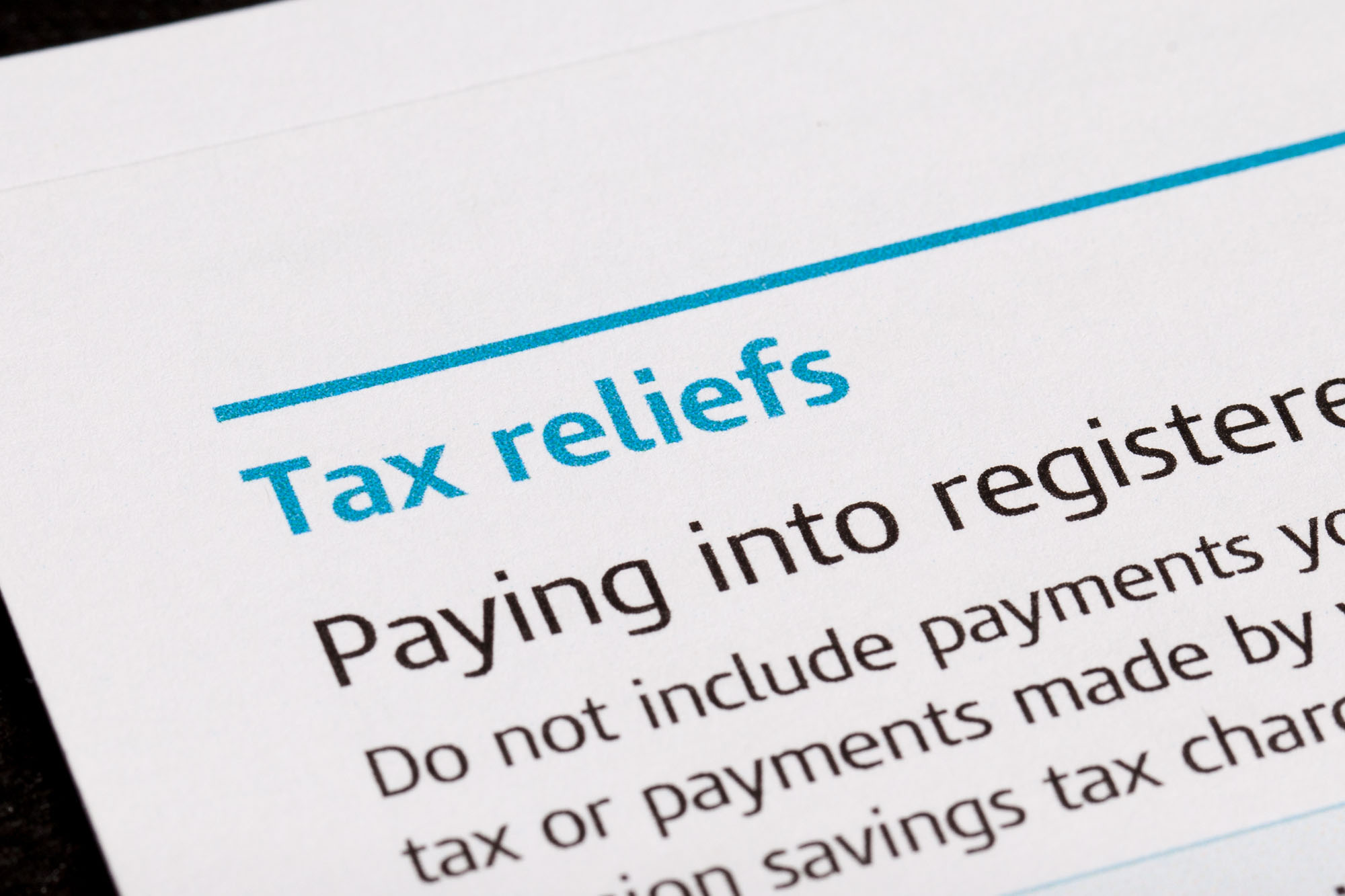This content is for information and educational purposes only. It should not be taken as financial advice or investment advice. To receive tailored, regulated financial advice regarding your affairs please consult us here at Hanson Financial Services (financial advice and planning in Liverpool).
There is much talk afoot about possible tax rises later in 2021. Whilst this was not originally laid out in the Conservative manifesto when the party swept to victory over a year ago, the massive extra borrowing in 2021 to pay for COVID-19 has led to broad speculation that tax rises will be necessary to help balance the books. Here at Hanson Financial Services, our financial advice team offers this overview of taxes to watch in 2021, since any change may affect your financial plan to a greater or lesser degree. Please get in touch with us if you have any questions, or if you would like to discuss your own situation with us. You can book a free, no-commitment consultation using our contact details below.
#1 Income tax
The Chancellor is expected to deliver his budget on 3rd March 2021. In it, he is very unlikely to announce any rise to income tax – even with £500bn of extra borrowing to account for in the 2020-21 tax year alone – since this would break a 2019 Manifesto pledge, and so very politically costly. However, those in Scotland face their own national elections in May 2021. It is not yet clear how this may affect domestic income tax rates for Scottish residents, since the manifestos of the competing parties are not yet finalised.
#2 Capital gains tax (CGT)
This tax is widely seen to be more likely as a target for tax rises. First of all, there is precedent under previous Conservative governments (notably Thatcher’s) to raise CGT to reflect income tax brackets, rather than sustain the present situation where CGT is lower. Secondly, it is a tax that was not ruled out for a tax rise in the Conservative 2019 manifesto. However, a dramatic rise is unlikely since even doubling CGT revenues would plausibly only generate £8bn a year in tax revenue – hardly a dent in the £550bn extra debt mentioned above.
#3 Consumption tax – VAT
Again, this tax was ruled out for a rise in the Conservative manifesto. This must be frustrating for some in the UK government since VAT is a big revenue earner. In 2017-18 it generated £125bn – equivalent to 18% of all tax receipts. However, in practice raising VAT often ends up being a tax on the poor. This is because it raises the cost of essential goods and services such as food items. Boris Johnson will likely want to avoid any perception of putting extra financial strain on lower/middle income citizens after a year of hardship with COVID-19.
#4 Inheritance tax (IHT)
Taxes on deceased persons’ estates in 2019/20 only added up to about £5.13bn. IHT is a very unpopular tax and, given the delay in collection involved with any rise, the status quote is likely to continue for the foreseeable future. However, political pressure is lurking within Parliament to reform the system eventually – as witnessed by proposals in January 2020 to simplify things, by the All-Party Parliamentary Group (APPG) for Inheritance and Intergenerational Fairness.
#5 Pensions tax relief
Sadly, this area does seem more ripe for government pickings. The tax relief on Higher Rate pension contributions costs the exchequer about £40bn a year. One idea is to introduce a flat rate of 25% for everyone. Since any change here would not be immediately “felt” by taxpayers, it could be an easier pill to swallow – politically speaking.
#6 Stamp duty
At the time of writing, the English and Northern Irish housing markets are still under “stamp duty holiday” temporary rules – costing the Treasury £3.8bn between July 2020 to March 2021. There is a strong possibility that this will be extended in March by another six weeks, yet the holiday is very unlikely to remain in place for a long time.
#6 Green taxes
The UK government has made a big fanfare about its “zero-carbon” agenda. This could lead to an introduction/increase in green taxes on fuel, plastics and the carbon price floor. It may even be accompanied by levies on road use, single-use items and those who fly frequently. Certain goods might be subject to a higher “green VAT” if they are deemed bad for the environment. This could be done without changing the standard VAT rate (thus breaking a manifesto pledge). Taxes on sugar, salt, alcohol and tobacco may also be a possibility as part of a wider health drive post-Brexit. All of this, of course, is speculation at this stage and could plausibly translate into a higher cost of living for people who maintain their current lifestyle.
Invitation
There are other taxes and allowances which could be affected by policy changes later this year – such as dividends and the tax-free personal allowance. These appear to be less likely targets for reform in 2021, but only time will tell what actually happens!
Are you interested in talking to an experienced financial adviser about your tax planning needs? We’d love to assist you here at Hanson Financial Services.
Please contact us to arrange a consultation with our team – free and without obligation – to gain more clarity and peace of mind over your financial plan.
You can call us on:
Liverpool Office: 0151 708 7616
Manchester Office: 0161 401 0991
Chester Office: 01244 960 039
Or email via: [email protected]



